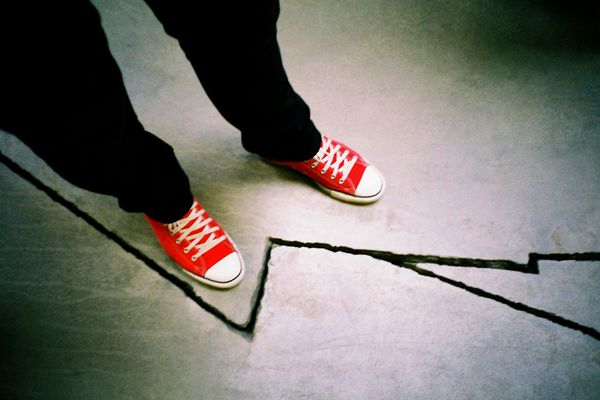So knocking is an action that supposedly helps us have good luck. But why don't we knock on metal? Touch iron? Or fist bump plaster? The answer may go back to pagan rituals.
Pagans believed that trees housed fairies, spirits and other mystical creatures. The Celts especially believed trees were powerful and magical and that interacting with them provided direct contact with the spirits within.
Trees played an integral part in rituals: Pagans often used trees in human sacrifice, and they chose a sacred tree within the village whose clippings would be used to ward off evil spirits. Planting certain types of trees around homes was thought to invite good spirits to protect the families inside.
Knocking or touching a tree was a way of requesting good luck from the benevolent spirits residing within and distracting any of the evil ones. A second knock was a way of saying, "Thank you."
Christians adapted this ritual to associate knocking on wood with the wood of the cross — thus seeking the protection of God. Brits tend to say, "Touch wood," but the meaning is the same. It became a symbol of good fortune around 1850 after a mention in Notes and Queries magazine [source: Phrase Finder].



